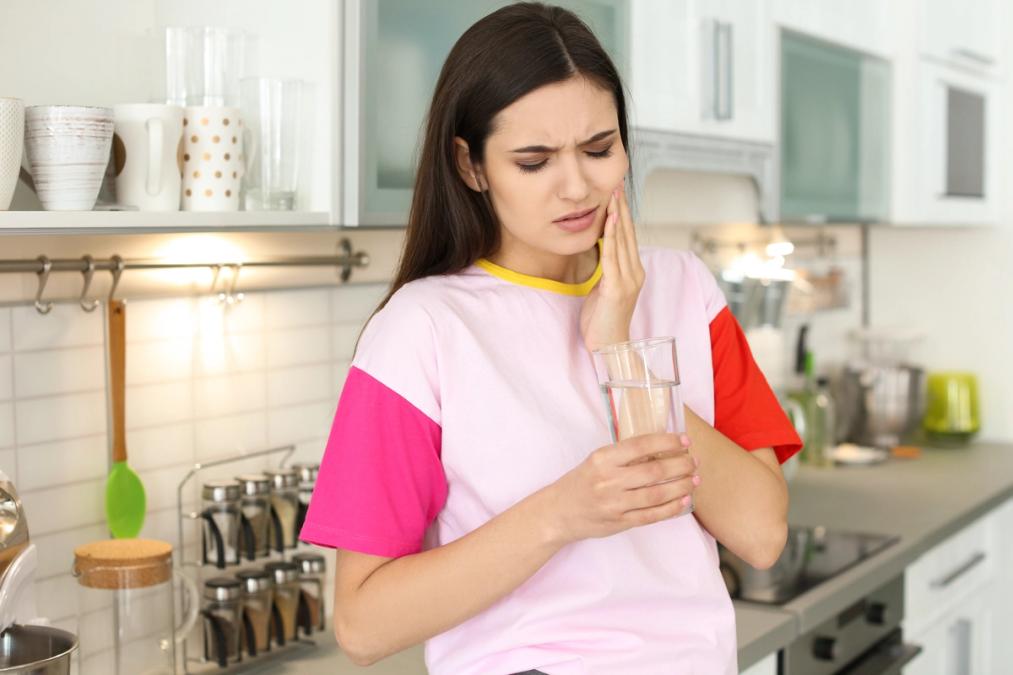
Call Now
509-492-2051
Published on Jul 15, 2025 | 7 minute read

Ever chipped a tooth on a popcorn kernel or woken up with a throbbing toothache that just won’t quit? Dental emergencies have a way of happening at the absolute worst time—and when they hit, panic often sets in. What do you do? Who do you call? Can it wait, or is it something serious?
This is where emergency dentistry comes in. It’s not just about reacting to dental problems—it’s about getting immediate relief, preserving your teeth, and avoiding long-term complications. Whether it’s a cracked tooth, severe infection, or a knocked-out tooth, knowing how to act before you reach the dental chair can make all the difference.
Let’s walk through how same-day dental care works and what steps you should take the moment trouble strikes.
Not every toothache needs urgent care, but some situations definitely do. Here are the common signs you’re dealing with a true dental emergency:
The rule of thumb? If you’re in pain, bleeding, or worried you may lose a tooth—call your dentist right away. Don’t wait it out or hope it gets better on its own.
Here’s something many people don’t realize: what you do in those first few minutes can have a major impact on the outcome of a dental emergency.
Let’s break it down by scenario:
Emergency dentistry is more than just squeezing you in—it’s about immediate action to prevent further damage, reduce pain, and protect your health. Here’s what happens when you seek prompt care:
Tooth pain can be brutal. Emergency care provides fast relief with antibiotics, temporary restorations, or immediate intervention.
Time is critical for dental trauma. A cracked or knocked-out tooth has a better chance of survival if treated quickly.
Infections that start in the mouth can spread fast—sometimes even becoming life-threatening. Early treatment can stop it in its tracks.
Delaying care often leads to bigger problems. A small cavity ignored can turn into a root canal, and a cracked tooth can turn into an extraction.
At Smart Dental, same-day emergency appointments are designed to be efficient, calming, and focused on relief.
Here’s what typically happens:
In some cases, a follow-up may be scheduled for more permanent treatment once the emergency is under control.
You can’t predict everything, but you can lower your chances of needing an emergency dentist with a few smart strategies:
If you play contact sports or grind your teeth at night, a custom mouthguard can protect against chips, fractures, and wear.
It’s tempting, but don’t open packages or bite fingernails with your teeth—it’s an easy way to crack enamel.
Regular exams help catch decay or weak spots before they turn into emergencies.
Avoid chewing on ice, hard candy, or popcorn kernels—all common culprits behind chipped or cracked teeth.
According to the American Dental Association (ADA) and Mayo Clinic, dental emergencies should never be ignored. Delayed treatment can increase the risk of permanent tooth loss, infection, or systemic health problems.
In fact, research shows that infections originating in the mouth can lead to serious conditions like endocarditis, cellulitis, or sepsis if not addressed in time.
Prompt emergency care ensures you’re not just managing symptoms—but protecting your long-term health.
Not sure if what you’re experiencing qualifies as a true dental emergency? The best approach is simple: call your dentist. They’ll guide you over the phone and help determine if you need to be seen right away or if there are safe at-home steps to manage the issue temporarily.
Benefits Recap:
The ADA emphasizes that timely emergency dentistry can:
In short, seeking help early isn’t just smart—it’s necessary.
Toothache won’t wait, and neither should you. For same-day emergency dentistry, call Smart Dental at 509-492-2051 or come visit us at 3200 Duportail St. Suite 105, Richland, WA 99352. We’re here to help you feel better, faster—whenever your smile needs it most.